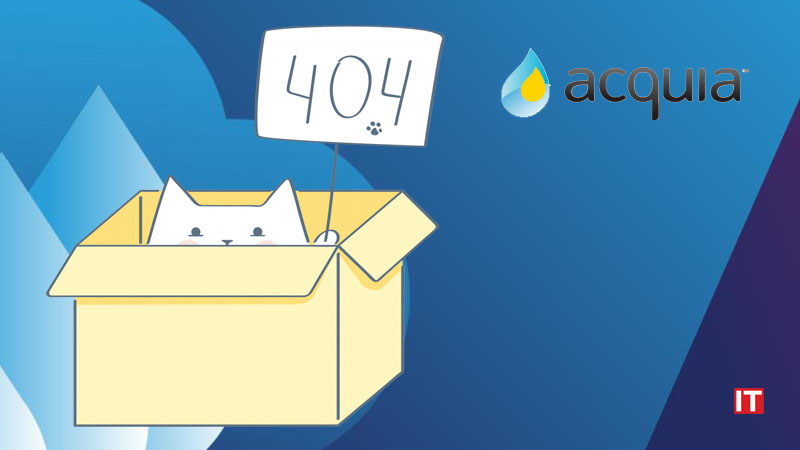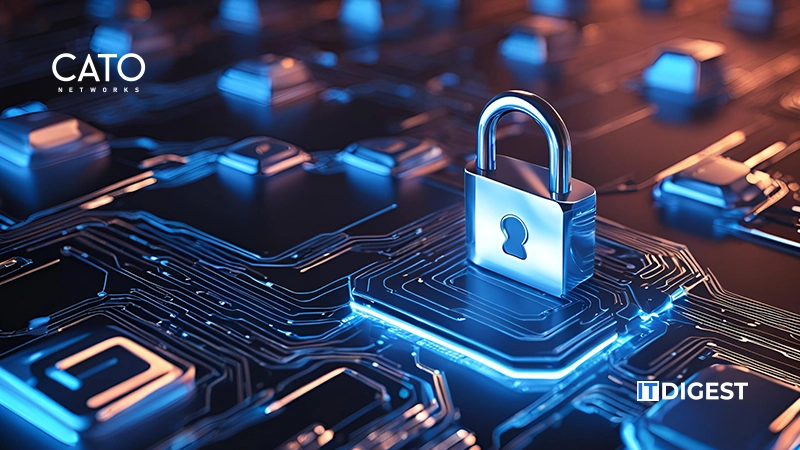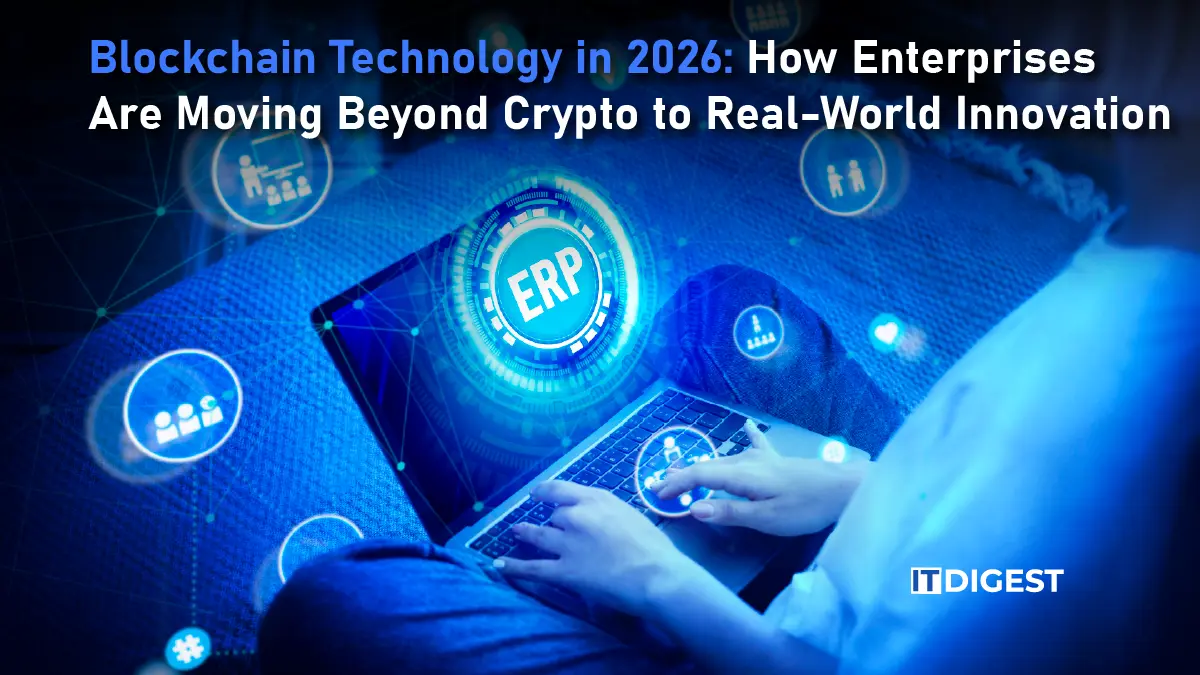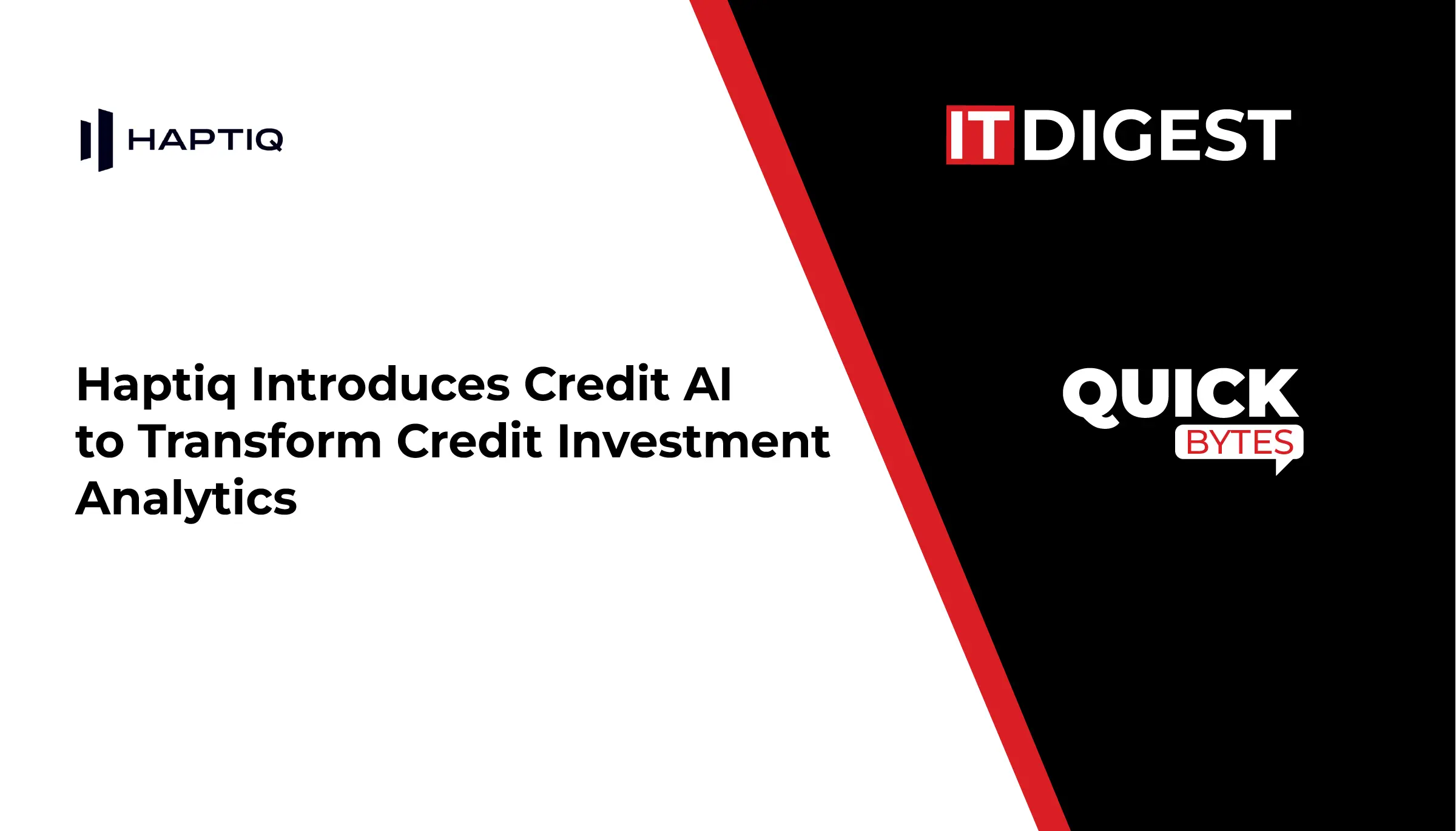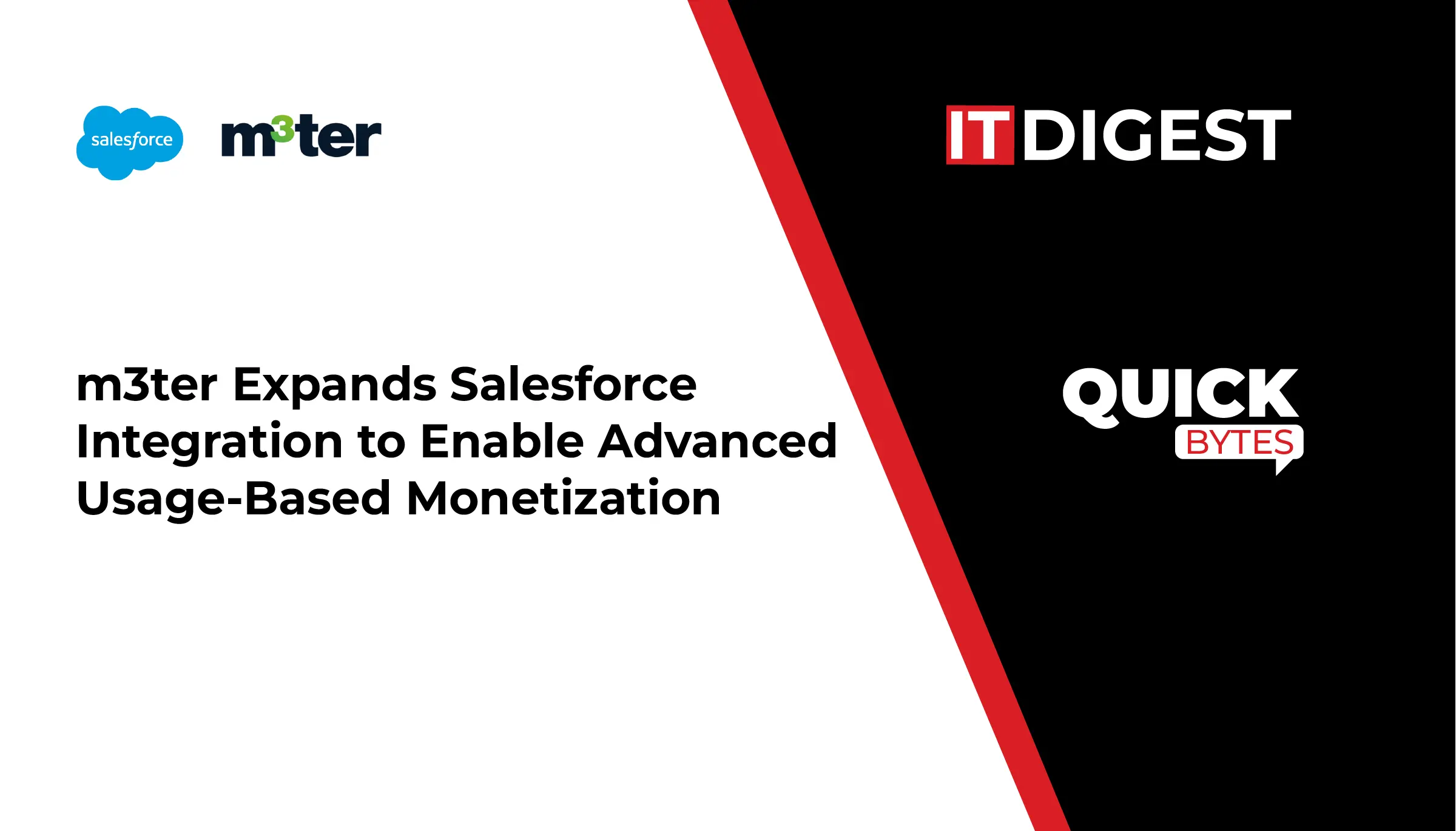With the rapid advancement of artificial intelligence technology, AIConnect, in collaboration with top global tech teams, officially unveils its Distributed Supercomputing Network, aiming to lead the development trend of the intelligent future.
Generative Artificial Intelligence (AI), especially large-scale language models like GPT and BERT, has demonstrated its potential and utility in many fields. However, it still faces some challenges and limitations when it comes to broader integration into various industries and domains. This presents an unprecedented opportunity for small enterprises specializing in specific industries. However, training and deploying large generative models require a significant amount of computational resources, typically involving the purchase of expensive hardware and high power consumption. For small enterprises or companies in their early stages, this could be a cost burden. Additionally, managing and maintaining such models requires deep technical expertise. Companies need data scientists and engineers capable of understanding and optimizing these models, which could pose a challenge in terms of human resources.
AIConnect is born out of demand, aiming to provide high-quality computing power and generative support services for small enterprises specializing in specific industries to train industry-specialized generative AI.
Also Read: NVIDIA Accelerates Quantum Computing Centers Worldwide With CUDA-Q Platform
AIConnect is a high-quality Web3 project based on the concept of DePIN, aimed at providing high-quality computing power and generative support services for small enterprises specializing in specific industries to train industry-specialized generative AI.
DePIN, short for Decentralized Physical Infrastructure Networks, utilizes blockchain and virtual currency rewards to develop physical infrastructure in the real world, covering areas such as transportation, energy, and wireless connectivity. It is a bottom-up, community-created, and community-maintained physical infrastructure network. The core elements of DePIN include:
In contrast to infrastructure networks led and deployed by centralized institutions such as governments, DePIN emphasizes the participation of communities from different regions and countries in the construction of infrastructure.
A token economy incentivizes communities to contribute and build networks together. It involves designing and implementing economic incentives using tokens to influence participant behavior and promote the growth and healthy development of the network ecosystem. In Web3 and blockchain projects, tokenomics is a core component, involving token issuance, distribution, management, and how tokens are used to incentivize and reward network participants.
SOURCE: GlobeNewswire


